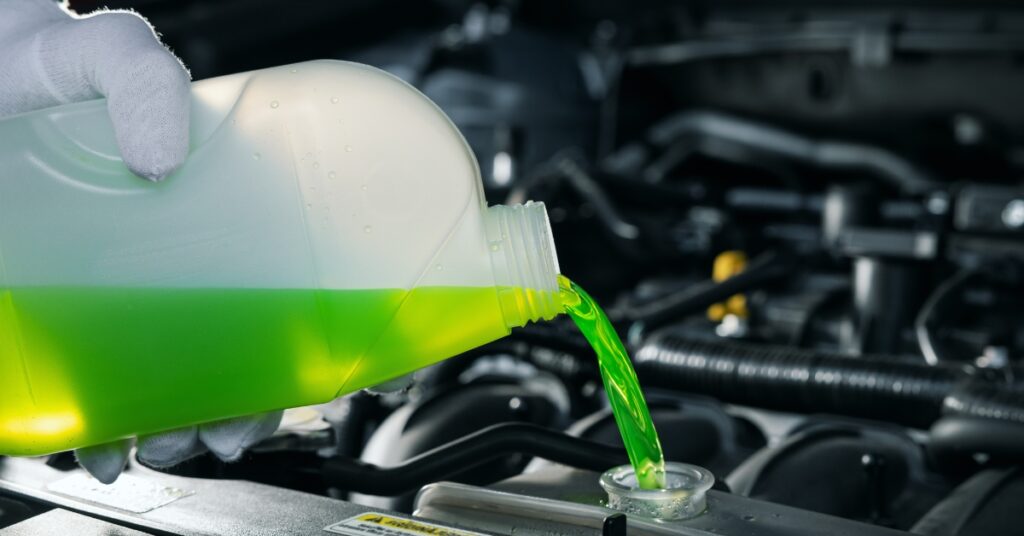Does Summer Heat Affect Coolant and Radiator Systems?

When temperatures rise, so does the demand on your vehicle’s cooling system. The radiator and coolant play a critical role in maintaining optimal engine temperature, and hot summer weather can push that system to its limits. If your coolant is old or your radiator is underperforming, a hot summer day could be all it takes to trigger overheating and potentially engine damage.
What Is Coolant & How Often Should It Be Changed?

Is coolant the same as antifreeze? While the terms are often used interchangeably, there are some distinctions worth noting. Coolant is a fluid that flows through your car’s engine to regulate temperature, whereas antifreeze is a component of coolant. Antifreeze, typically made of ethylene glycol or propylene glycol, is mixed with water to create coolant. This mixture prevents the engine from freezing in cold temperatures and overheating in hot conditions. In this article, we’ll dive deeper into what coolant is, its role in your vehicle, the importance of maintaining proper levels, and how often it should be changed.
